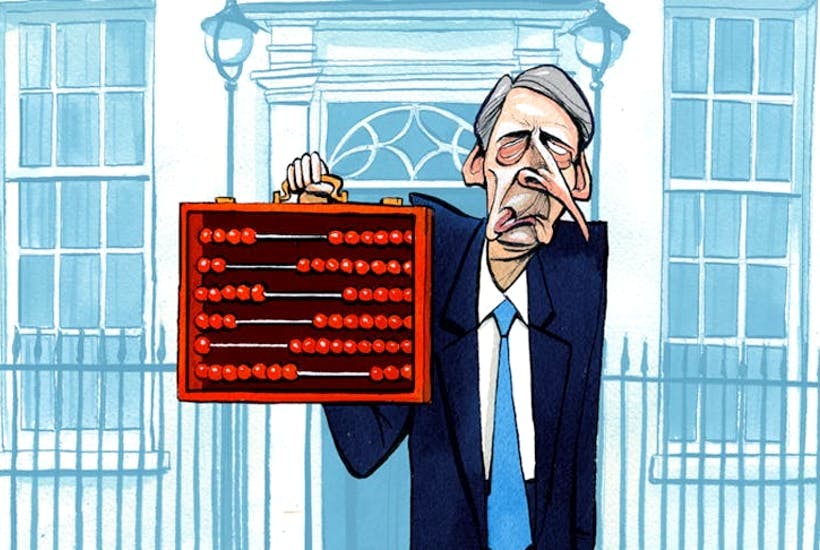It is still a few hours before Philip Hammond makes his speech to the CBI this evening but so much of it has been trailed in advance that delegates might as well just read the newspapers – and then book some entertainment from a juggler or fire-eater instead.
We know he is going to attack what he calls the “populist right”. We know, in a thinly-veiled attack on Boris, he will say:
“There is a real risk of a new prime minister abandoning the search for a deal, and shifting towards seeking a damaging no-deal exit as a matter of policy.”
Then he is going to go on and accuse Conservatives who want to leave the EU without a deal of acting “knowingly to inflict damage on our economy and living standards” and of doing so for “ideological reasons”. The only thing we don’t yet know is precisely what words he will use to thanks his hosts for giving him dinner.
How hard it is, from what we know he is going to say, to remember that Hammond himself once toyed with the idea of a no-deal Brexit – not as a first choice, admittedly, but as a logical course of action in the event of the EU declining to agree to a post-Brexit free trade deal with Britain.
In January 2017, he was interviewed by the German newspaper Welt am Sonntag and asked whether – as some Germans suspected – Britain planned to turn itself into the “tax haven of Europe”. Hammond replied that he:
“Would like the UK to remain a recognisably European-style economy with European-style taxation systems, European-style regulation systems etc. I personally hope we will be able to remain in the mainstream of European economic and social thinking. But if we are forced to be something different, then we will have to become something different”.
The circumstance which Hammond envisaged has now quite clearly come to pass. The EU, by stonewalling British efforts to secure a free trade deal and using the Irish backstop as a device for trying to force us into a customs union, is forcing us to choose between being a vassal state of the EU or – in Hammond’s words – to become something different.
Yet Hammond no longer seems brave enough to make that leap. Soon after his interview with Welt am Sonntag, in fact, he started to backtrack, suggesting that whatever the outcome of the Brexit negotiations, Britain would retain the European socio-economic model, with its high regulation and moderate to high taxes.
The tragedy of Philip Hammond is that he was right the first time. Had he – and the rest of the government – stuck to his lines and threatened to turn Britain into a tax haven, we wouldn’t be where we are now. There is nothing that the EU’s leaders fear more than Britain becoming a Singapore moored 20 miles off Calais – sucking investment from across the Channel and divulging, in a positive direction, from the European continent’s chronically sluggish rate of growth.
Everything the EU has done over the past couple of years expresses that fear – that is why they have tried to engineer a way of trapping the UK in a customs union via the spurious means of the Irish backstop.
Hammond, like Theresa May, who spent the early months of 2017 insistent that “no deal is better than a bad deal”, has failed because he got the collywobbles and failed to persist with a good opening negotiating stance. It is time both of them were swept away and replaced by a team with greater resolve.







Comments